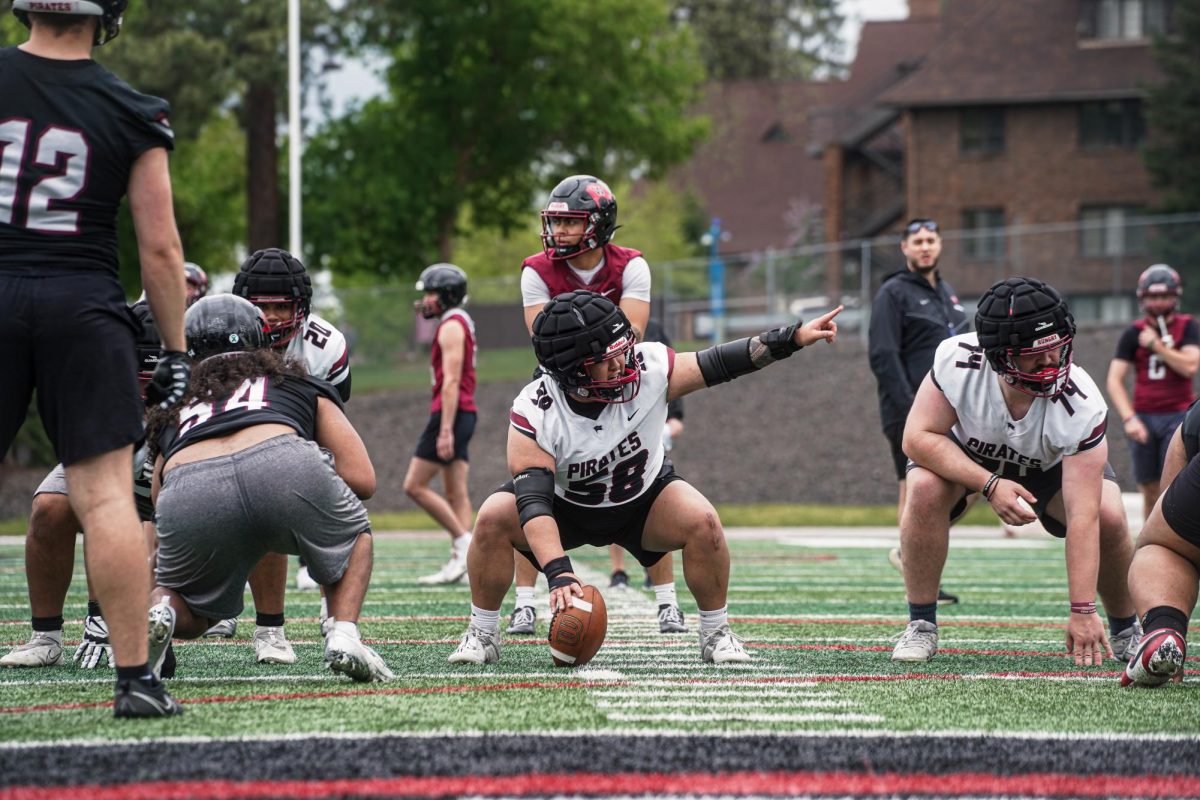Midterms, Finals, Tests. These are some words that strike fear into most college students trying to pass their classes, but it doesn’t have to be that way. The word Test is defined as “A procedure intended to establish the quality, performance, or reliability of something, especially before it is taken into widespread use,” (Oxford). But despite the rigid tradition of testing based on memorization, Whitworth professors engage multiple methods of examination and move beyond rote memorization to assess more important skills like critical thinking.
Kirk Wester, a professor of kinesiology at Whitworth for 30 years, has emphasized a hands-on teaching approach over traditional midterms. His philosophy is, “Tell me, I forget. Show me, I remember. Involve me, I understand.” This quote, originally spoken by 20th century German composer, Carl Orff indicates that not all students learn the same way. Wester believes this method fosters deeper engagement and reduces anxiety by providing specific feedback.
But experience may show that not all professors believe in the same methods Professor Wester uses in his classroom. Different subjects require a different approach to understand where students are in the learning process. For example, it is easier to test a student in math with a simple pen and paper test, while in a science class it may be easier and more beneficial to test a student through an experiment instead of a multiple-choice test.
Wester also said that giving more frequent tests can help monitor students’ knowledge and can be used more as a measuring tool instead of a grade. “I think it’s much better given a weekly test. It’s much more realistic to the real world. It’s a great measurement,” Wester said.
A article published by University of Texas at Austin said, “Quizzing students frequently results in better understanding of complex material than a small number of longer, more comprehensive tests.” The article also suggested benefits of replacing traditional formats of testing for hands-on approaches to testing. Ultimately, this brings up the question on whether we should start moving away from traditional testing and more towards new and innovative testing.
No matter how you feel about your upcoming midterms or finals, you still have to do them, and preparing for them can be stressful. Lucky for you, there are plenty of resources and strategies you can use to optimize your understanding and your chances of getting a good grade.
The Harriet Cheney Cowles Memorial Library offers quiet areas to study and study rooms to use, although study rooms must be reserved prior to use. If you are experiencing technology issues you visit the IT desk in the library. Finally, if you have other questions about books, textbooks, tutors or other resources, you can ask the experienced and qualified library staff at the Research Desk, located on the first floor.
Getting a good rest and preparing for your upcoming tests are the best ways to improve your ability to gain knowledge on the subject you are preparing for. Wester said, “The lack of preparation, or lack of consistency in preparing, anticipating that this test is coming up, and not waiting for the last the week before or the night before to cram.”
So don’t stress. As long as you prepare and know the content, you can walk into your exams with confidence.











